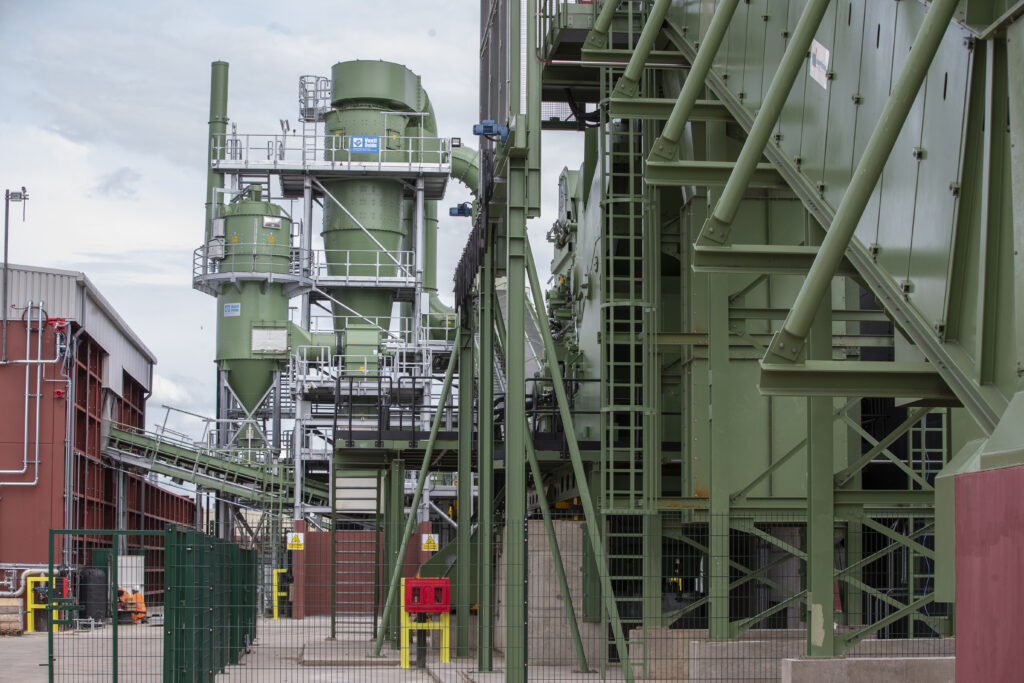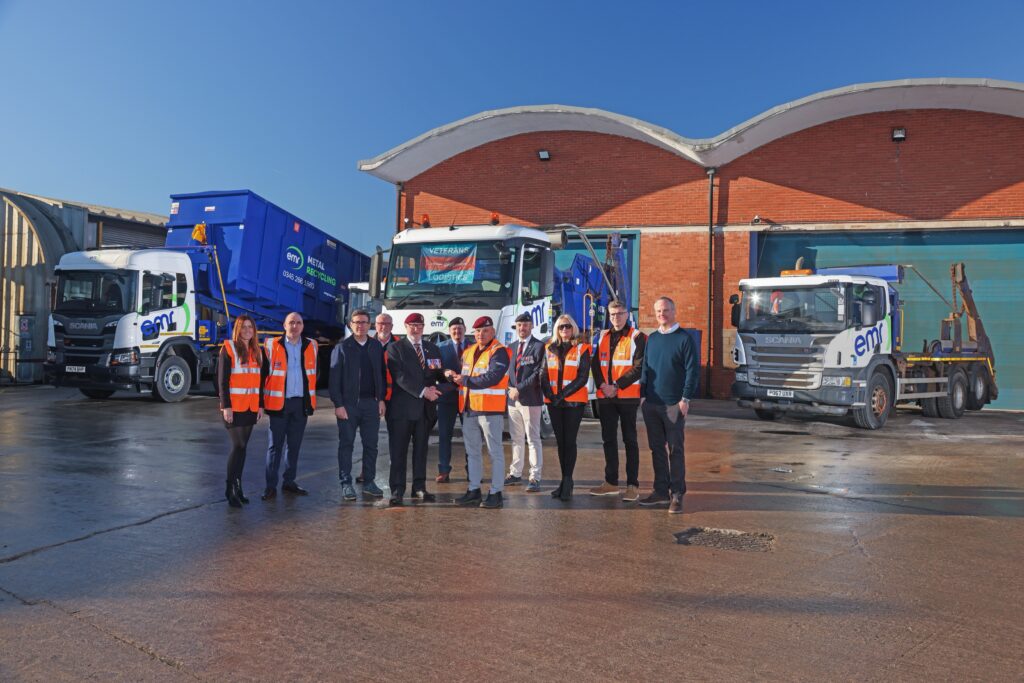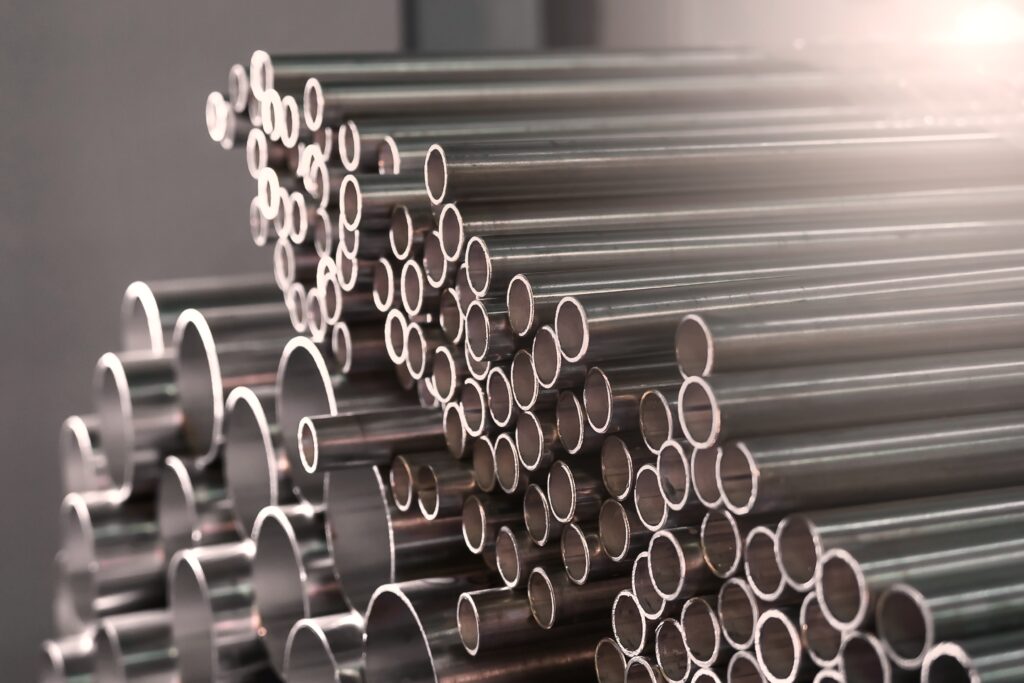The project aims to determine the requirements for a facility which will be able to produce aluminium extrusion billet with less embodied carbon.
The process will turn post-consumer metals into components made from up to 100% recycled aluminium at an industrial scale, which will match the mechanical and durability performance of primary aluminium for the first time.
EMR said that the billets will be used in the manufacture of structural automotive components, designed to meet the same quality and performance standards as those produced from primary based materials. This will be validated through qualification protocols established by OEM partners.
The project is in partnership with manufacturer and automotive tier one supplier Constellium, which specialises in aluminium alloy development.
It also includes academic metals centre Brunel Centre for Advanced Solidification Technology (BCAST), surface treatment specialist BCW Treatments and software company Riskoa. Automotive manufacturer Stellantis is serving as a technical advisory group leader on the project.
Bruce Miller, commercial director at EMR, said: “This project represents a landmark moment for the aluminium industry and the automotive sector. By proving that high-performance automotive components can be produced from recycled materials, we are helping to create a more circular vehicle manufacturing industry in the UK.
“The support from the APC enables us to push the boundaries of what recycled aluminium can achieve. This collaboration will not only reduce the carbon footprint of UK manufacturing, but also deliver significant economic benefits, securing future investment and jobs.”
The funding comes from APC’s latest collaborative research and development funding round.
Dr Andy Wilson, BCW Treatments managing director, added: “At BCW Treatments, we are proud to contribute our surface treatments expertise to a project that is transforming the aluminium supply chain. By advancing the use of post-consumer scrap, we are helping to drive the transition to a circular economy, reducing carbon emissions and ensuring that high-performance materials can be sustainably sourced for future generations.”










Subscribe for free